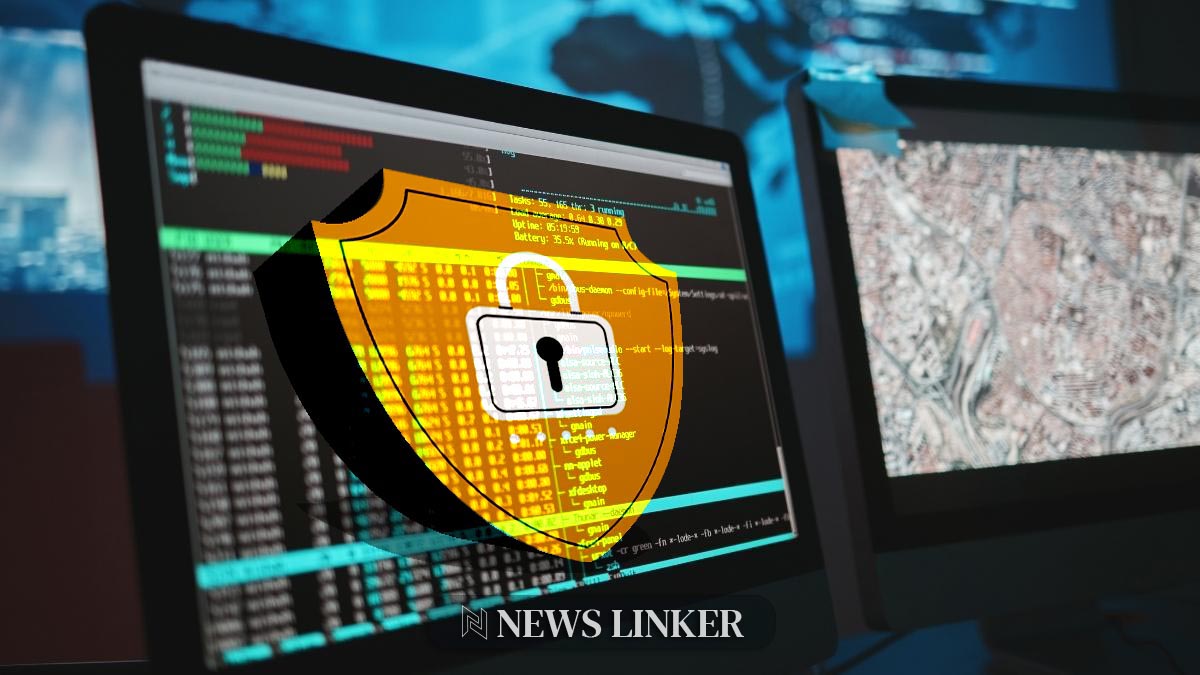Today, World Password Day stands as a critical observance in the realm of cybersecurity, reminding us of the importance of robust password practices as a frontline defense against cyber threats. While technological advancements continue to shape our digital interactions, they also elevate the potential risks of cyber attacks. In light of this, individuals and organizations are urged to adopt stringent password policies to safeguard their digital identities and sensitive information.
Reflecting on previous data breaches, it’s evident that weak passwords often serve as easy gateways for cybercriminals. Reports from various cybersecurity entities over the years have consistently highlighted the dangers associated with underestimating password strength. The recurring advice underscores the necessity of complex and unique password formulations as essential steps toward mitigating unauthorized access and enhancing overall digital security.
Why Do Passwords Matter?
Despite widespread awareness campaigns, the persistence of weak passwords continues to pose significant risks. Common errors include the use of personal information, predictable patterns, or simplistic sequences that are susceptible to brute-force attacks. It is crucial to understand that these types of vulnerabilities can lead to severe data breaches, affecting both personal and organizational integrity.
What Makes a Strong Password?
Experts recommend a series of strategies to craft strong and resilient passwords. A robust password should be at least 12 characters long, mixing uppercase and lowercase letters, numbers, and symbols. Avoiding personal information and embracing passphrases comprising random, unrelated words can significantly enhance password strength. Additionally, employing password managers can assist in generating and organizing complex passwords, thereby reducing the risk of security lapses due to weak passwords.
How Does Multi-Factor Authentication Enhance Security?
Besides strong passwords, enabling multi-factor authentication (MFA) introduces an additional security layer. MFA requires users to provide two or more verification factors to access their accounts, drastically reducing the potential for unauthorized entry. This method effectively complements strong password practices, fortifying the barriers against cyber threats.
Key Insights for Enhanced Password Security
- Always opt for passwords exceeding 12 characters.
- Incorporate a mix of different character types in passwords.
- Leverage password managers to maintain password integrity.
- Regularly update passwords and enable MFA wherever possible.
As we commemorate World Password Day, it serves as a poignant reminder of our collective responsibility towards cybersecurity. Encouraging better password habits and staying informed about the latest security measures are imperative. By strengthening our passwords and activating additional security features like MFA, we take significant strides in protecting our digital lives from increasingly sophisticated cyber threats.
Adopting advanced password policies not only secures individual accounts but also shields businesses from potential cyber incursions. Today’s digital age demands vigilant and proactive approaches to cybersecurity. Observing World Password Day is more than a symbolic gesture; it is an essential practice in cultivating a safer digital world.










